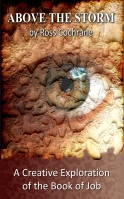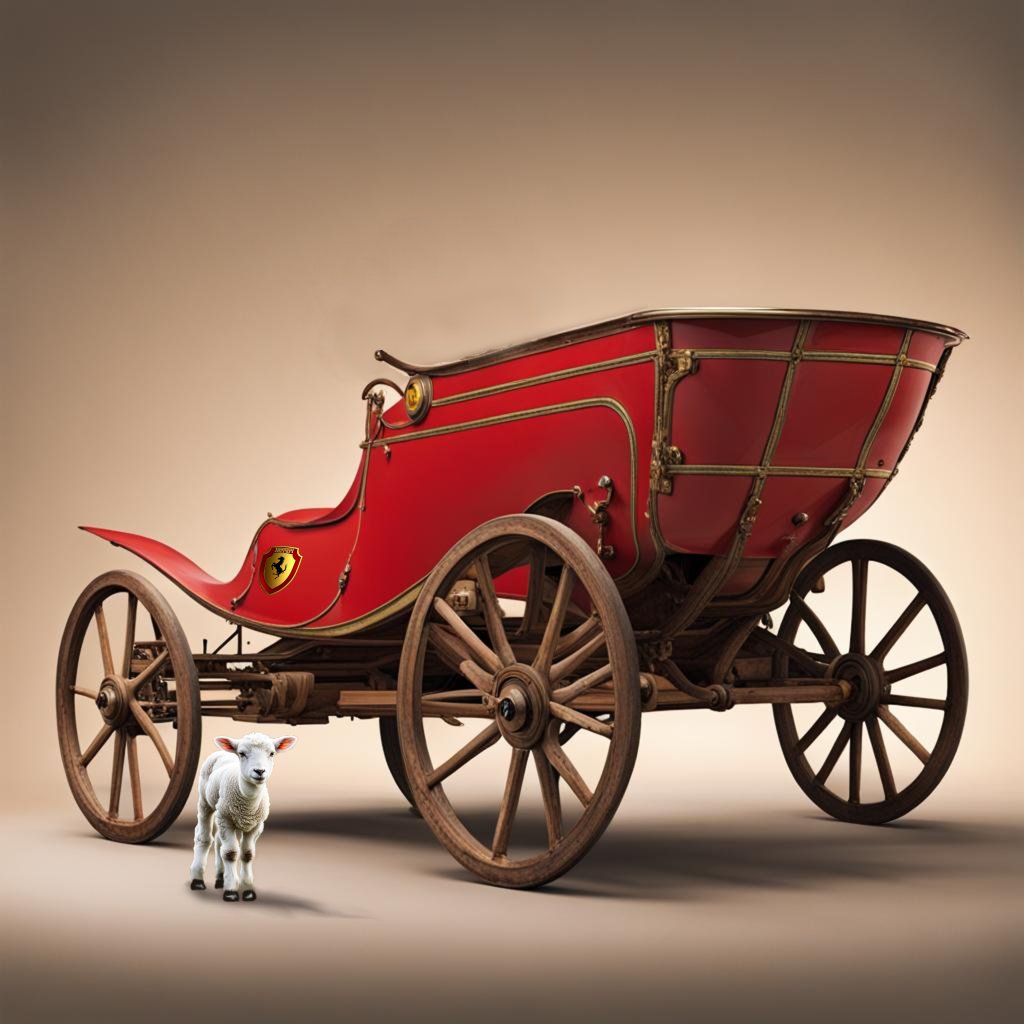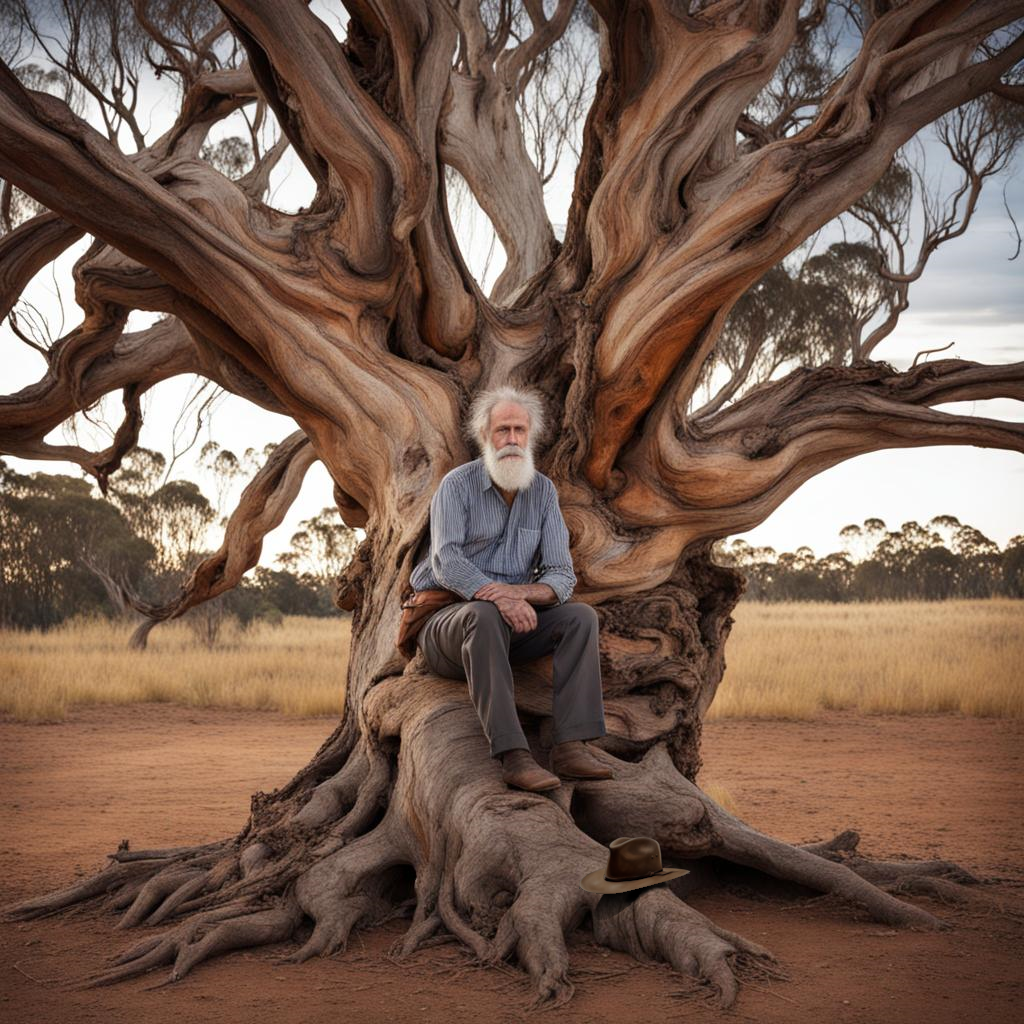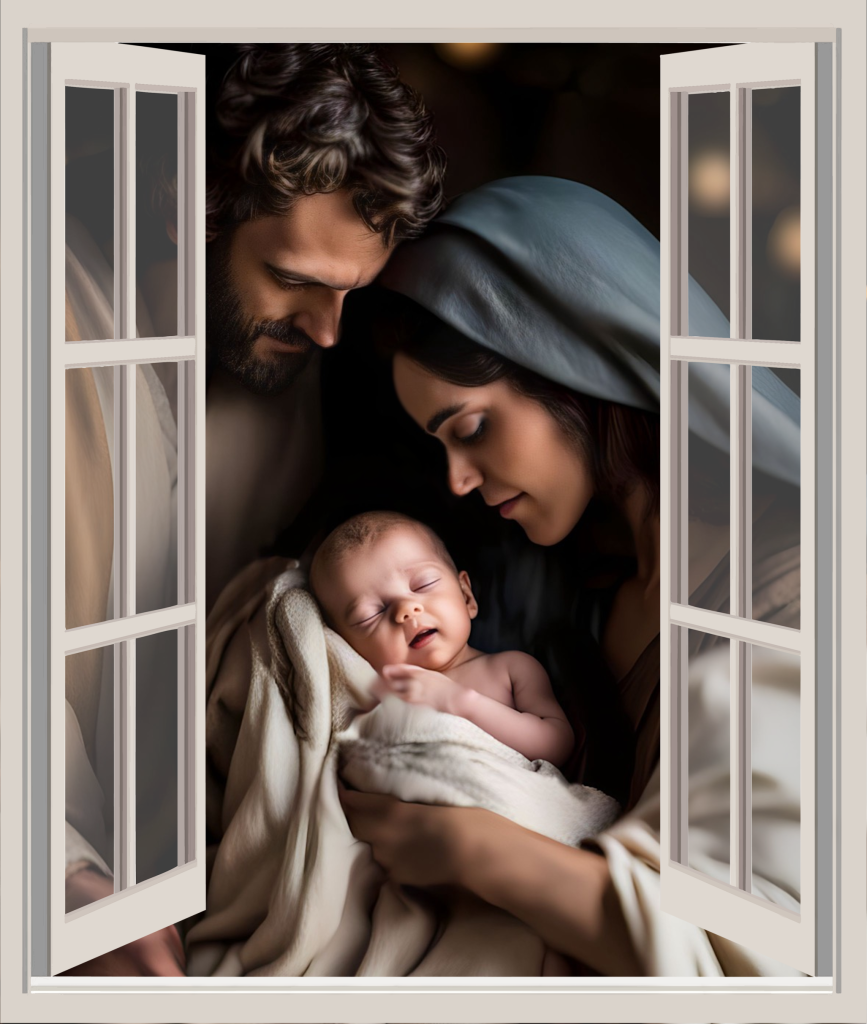
Genesis 47 – Part 3 – PRAYING FOR OUR GOVERNMENTS
Look at the picture above. Can you see the praying hands. That’s what this post is about. Praying for our Governments.
What else can possibly happen in our world! In Ethiopia over 109,000 people died in conflicts in 2022. The Syrian civil war has resulted in an estimated 470,000–610,000 violent deaths. The Yemeni Civil war with the Houthi rebels has resulted in millions facing famine and disease. Death and violence still persist with the Taliban regaining large parts of Afghanistan. There are tensions in the South China Sea with China, Vietnam, Philippines regarding territorial claims, particularly between Taiwan and China. In 2022 Russia invaded Ukraine. Now there is a war between Israel and Hamas.
According to Open Doors, Christians are the most at risk people on earth – 317 million Christians face very high or extreme levels of persecution. In 2023, 4,998 Christians were murdered, 14,766 Churches and Christian properties attacked, and 4,125 Christians detained.
More than 365 million (one in seven) Christians face high levels of persecution for their faith – and persecution is becoming dangerously violent in various countries. Attacks on churches and Christian properties sky-rocketed in 2023, as more Christians than ever recorded faced violent attacks.
Most Christians murdered for their faith in 2023 were killed in Sub-Saharan Africa. Nigeria accounted for nine out of 10 religiously-motivated murders…. Many more Christians have also been forced from their homes. Of 34.5 million displaced people across Sub-Saharan Africa, around 16.2 million are Christians.
More than 14,700 churches or Christian properties such as schools and hospitals were targeted in 2023. It marked a six-fold increase compared with attacks recorded the previous year.
In China, at least 10,000 churches were closed. In India, Christian properties were raided by violent mobs. And in Algeria, where there were 46 official Protestant churches, only four remain open and they are now under intense pressure.
In 2023, more than twice as many Christians were forced to flee their homes compared to the previous year. Political instability, war, extremism and natural disasters have all driven believers from their homelands across the Middle East and North Africa.
Believers are often more vulnerable than other displaced people because of their faith. In countries like Syria, Christians are easy targets for violence. Extremists attack churches and leaders, and put pressure on Christians to move on.
Yet the Bible encourages Christians to pray for our governments and to love our enemies. Apparently, they need all the help they can get and especially help from God.
As if Governments didn’t already have enough to deal with in our world from natural disaster relief from things like earthquakes, cyclones, floods, and fires and health disasters such as the Covid 19 Pandemic which closed down whole countries. Then we have Terror attacks and Cyber Attacks and wars and conflict. Are Christians the only ones praying for our governments? Our governments certainly do need God’s help.
Pharaoh in the time of Joseph was a person who showed great favour to those of faith from Jacob’s family. Far from persecuting them, he blessed them with hospitality as he took them in as refugees.
HOSPITALITY AND FAITH
Genesis 47:5-10 (NLT) says, Then Jacob blessed Pharaoh again before leaving his court.
Jacob blessed Pharaoh as he entered, and as he left. Perhaps the blessing was something like this… as in Numbers 6:24-26 (NLT) “May the Lord bless you and protect you. May the Lord smile on you and be gracious to you. May the Lord show you His favor and give you His peace.”
Genesis 47:5-6 (NLT) says, Then Pharaoh said to Joseph, “Now that your father and brothers have joined you here, choose any place in the entire land of Egypt for them to live. Give them the best land of Egypt. Let them live in the region of Goshen. And if any of them have special skills, put them in charge of my livestock, too.
Genesis 47:11-12 (NLT) says, “So Joseph assigned the best land of Egypt—the region of Rameses—to his father and his brothers, and he settled them there, just as Pharaoh had commanded.”
Rod Mattoon points out that “The hospitality of Egypt toward Israel had a profound impact on the nation’s treatment of strangers in the future. The stranger was to be loved and not oppressed”.
Later, Moses will say in Exodus 23:9 (NLT) “You must not oppress foreigners. You know what it’s like to be a foreigner, for you yourselves were once foreigners in the land of Egypt.”
It’s interesting that Israel is still perhaps the only country in the Middle East which welcomes all religions and all nationalities to live there. Leviticus 19:32-34 (NLT) says, “…Fear your God. I am the Lord. “Do not take advantage of foreigners who live among you in your land. Treat them like native-born Israelites, and love them as you love yourself. Remember that you were once foreigners living in the land of Egypt. I am the Lord your God.”
Deuteronomy 10:17-19 (NLT) says, “For the Lord your God is the God of gods and Lord of lords. He is the great God, the mighty and awesome God, who shows no partiality and cannot be bribed. He ensures that orphans and widows receive justice. He shows love to the foreigners living among you and gives them food and clothing. So you, too, must show love to foreigners, for you yourselves were once foreigners in the land of Egypt.”
1 Peter 2:11-14 (NLT) says, “Dear friends, I warn you as “temporary residents and foreigners” to keep away from worldly desires that wage war against your very souls. Be careful to live properly among your unbelieving neighbors. Then even if they accuse you of doing wrong, they will see your honorable behavior, and they will give honor to God when He judges the world. For the Lord’s sake, respect all human authority—whether the king as head of state, or the officials He has appointed.”
PRAYING FOR THOSE IN AUTHORITY
I wonder if Pharaoh ended up believing in the God of Abraham, Isaac and Jacob? We are not told. He was certainly blessed by God through Joseph in a very practical way concerning the famine, and now by Jacob’s words of blessing.
1 Timothy 2:1-4 (NLT) encourages us to pray for our political leaders, “I urge you, first of all, to pray for all people. Ask God to help them; intercede on their behalf, and give thanks for them. Pray this way for kings and all who are in authority so that we can live peaceful and quiet lives marked by godliness and dignity. This is good and pleases God our Savior, who wants everyone to be saved and to understand the truth.”
As Christians, we can pray for government leaders at all levels to be guided by wisdom, discernment, and moral integrity in their decision-making processes.
We can pray for God to heal divisions between countries.
We can pray for government protection and security, especially since Christians are the world’s most persecuted people group, but also others.
We can ask God to watch over those serving in law enforcement, the military, and emergency services in their various duties.
We can pray for a spiritual revival and awakening in our world, starting with government leaders and extending to all levels of society. We can ask God to work in the hearts of leaders, leading them to seek His guidance and follow His ways and give their hearts and lives to the Lord Jesus Christ.
We can pray for peace and stability within the nations of the world and in regions affected by conflict or unrest. We can ask that God might intervene in situations of violence, oppression, and injustice, especially to Christians, but also others across the world.
We can pray for governments to respect and protect the freedom of religion and conscience for all citizens. We can ask God to safeguard the rights of individuals to worship and express their beliefs without fear of persecution or discrimination.
We can pray God’s will to be done on earth as it is in heaven. God is in control, and even in times of uncertainty or upheaval, we can pray for His purposes to be fulfilled.
We can pray that cursing will be turned to blessing in our world at the moment, and that God will work all things together for those who love God and are called according to His purposes.
Romans 8:26-30 (NLT) says, “…the Holy Spirit helps us in our weakness. For example, we don’t know what God wants us to pray for. But the Holy Spirit prays for us with groanings that cannot be expressed in words. And the Father who knows all hearts knows what the Spirit is saying, for the Spirit pleads for us believers in harmony with God’s own will.
And we know that God causes everything to work together for the good of those who love God and are called according to His purpose for them. For God knew His people in advance, and He chose them to become like His Son, …”
I invite you to come again as we continue the story of Joseph in the book of Genesis.
Pastor Ross
.
.
.
.
NOTE TO READERS: THE APPEARANCE OF ADVERTISEMENTS ON THIS SITE DOES NOT INDICATE THE AUTHOR’S ACCEPTANCE OF OR ENDORSEMENT OF THESE AGENDAS IN WHOLE OR IN PART. THEY ARE NOT PLACED ON THIS SITE BY THE AUTHOR. THE AUTHOR IS SEEKING TO SHARE THE LIFE-CHANGING TRUTHS OF THE BIBLE.
.
.
.
.
.
.
.
.
.
.








